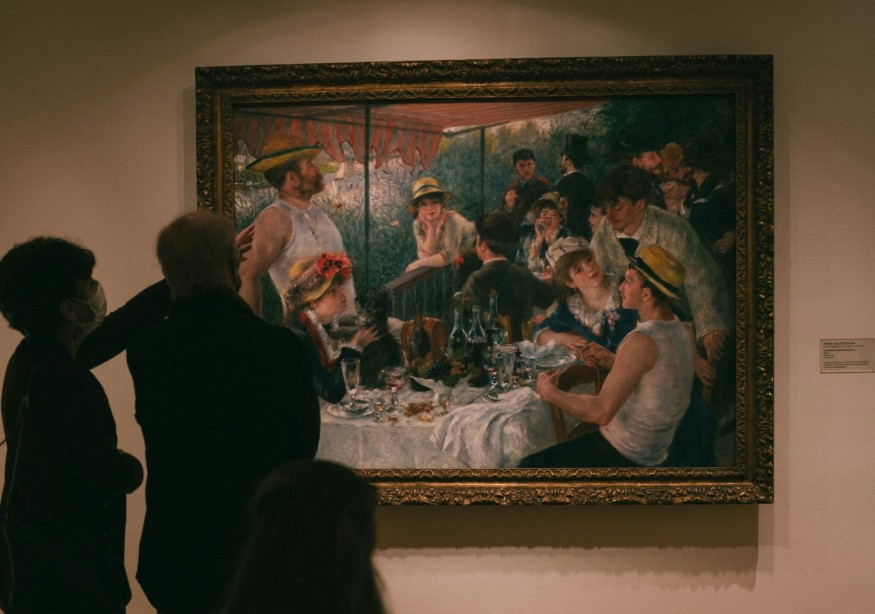eBay Exposes 40 Alleged Counterfeit Art With AI, Including Fake ‘Monet’ and ’Renoir

AI Technology Uncovers Potential Fraud
Elective disclosure on eBay is alarming. An entity named Art Recognition applied AI technology to counter counterfeit paints, which was reported by the Swiss corporation recently. Dr. Carina Popovici, the CEO and co-founder of Art Recognition, informed The Guardian that they had discovered about 40 paintings with a high likelihood of being fakes, among which were works attributed to famous artists Claude Monet and Pierre-Auguste Renoir.
The AI Detection Process
Dr. Popovici's AI algorithm scrutinized images of paintings on eBay, flagging numerous items as potentially counterfeit. Expressing her dismay, she remarked, "The algorithm identified all of them as fakes. Everything we have analyzed is not real art, with a negative probability of 95% or so. I'm sure that this is just the tip of the iceberg."
Alleged Forgeries: Monet and Renoir
Among the potentially counterfeit paintings were listed as works by Monet and Renoir. One such item, titled "Forest With a Stream" and attributed to Monet, was listed for a staggering $599,000. Another painting described as a study by Renoir bore a price tag of $165,000.
eBay's Response and Commitment
Upon learning of the situation, eBay underscored its commitment to authenticity and integrity in online sales. The e-commerce giant emphasized its zero-tolerance policy toward counterfeit items, stating, "Counterfeit products are illegal and not allowed." eBay employs a multi-layered approach to ensure the authenticity of items on its platform, utilizing AI technology, trained investigators, and buyer protection programs.
Proactive Measures Against Counterfeits
In a bid to combat counterfeit listings, eBay revealed that it proactively blocked a staggering 88 million suspected counterfeits from being published in 2022 alone. Additionally, 1.3 million items were removed from the platform following reviews by eBay investigators. The platform remains vigilant in maintaining trust and transparency among its users.
Removal of Flagged Listings
Following inquiries by The Guardian, eBay swiftly addressed the flagged listings. Upon notification, the painting attributed to Renoir was promptly removed from the platform. On the other hand, the listing for the Monet painting was still active as of May 9th, which meant that there were still doubts about the efficiency of eBay's counterfeit detection system.
Counterfeiting artworks on eBay has been used as a platform for that, consequently highlighting the need for safe and diligent online transactions. While there were many considerations we had to adjust to minimize the pandemic's negative impact, one of the most pressing was the implementation of stringent fraud prevention measures during an age at which technology keeps evolving. Although platforms like eBay continue to invest in the latest AI and other detection mechanisms to reduce the risk, the onus of being cautious and thorough when verifying the seller and the buyer is ultimately on both sides. With online marketplaces multiplied and diversified, users must use their judgment to discriminate among items and detect dubious products. With a conscious decision to be proactive about authentication and a press on transparency in transactions, individuals will play a part in developing an online marketplace that is secure, reliable, and engaging for all stakeholders in society.












